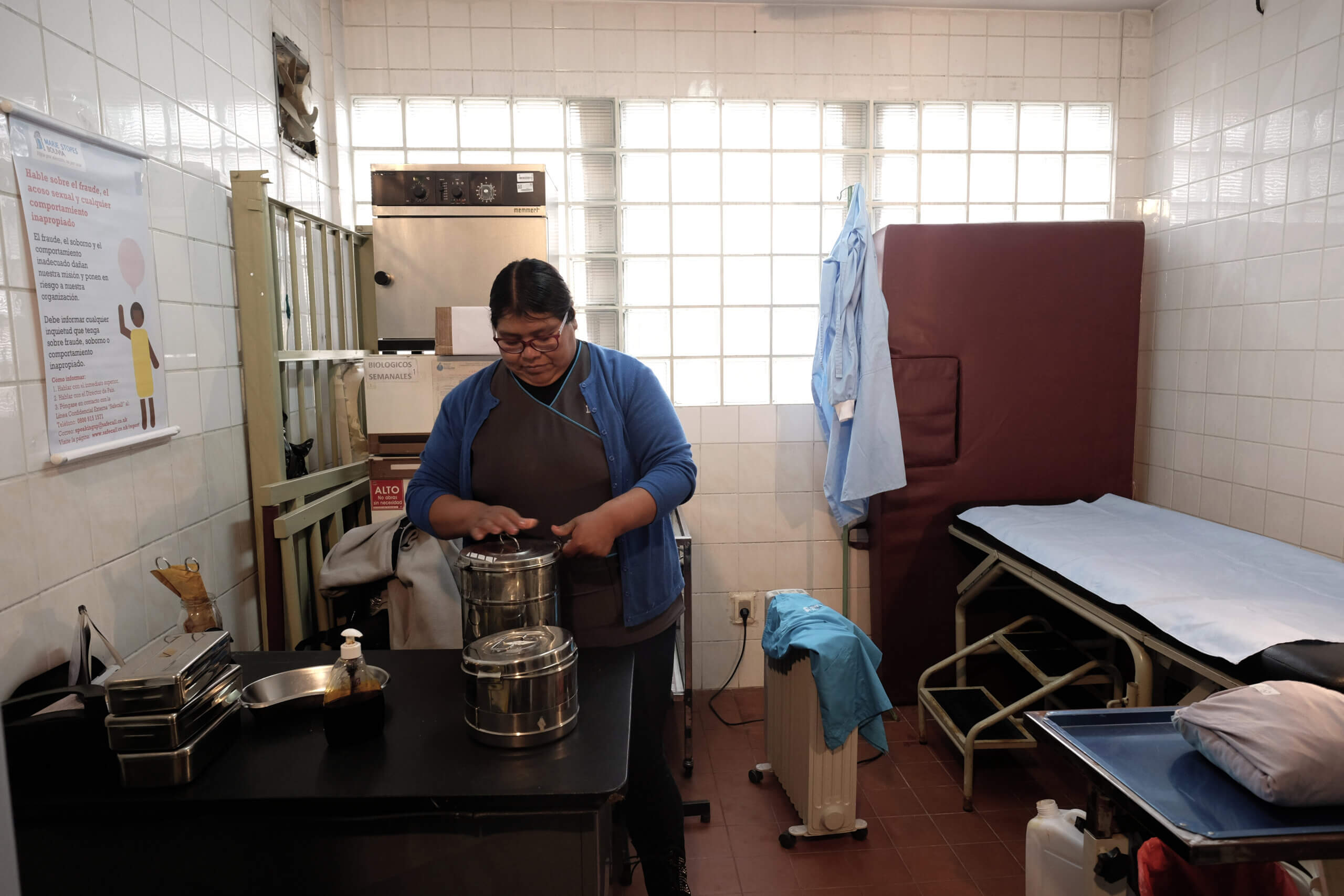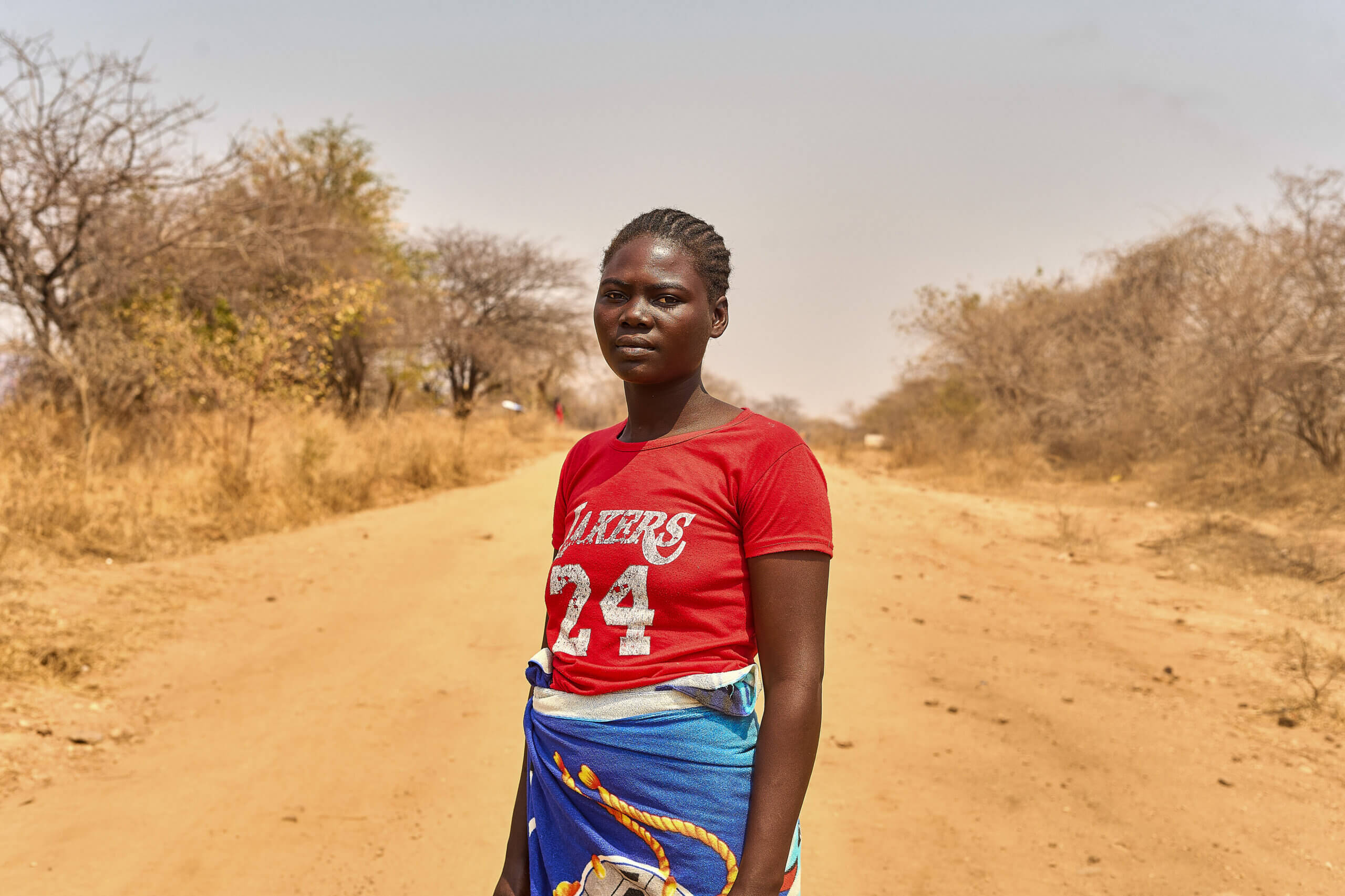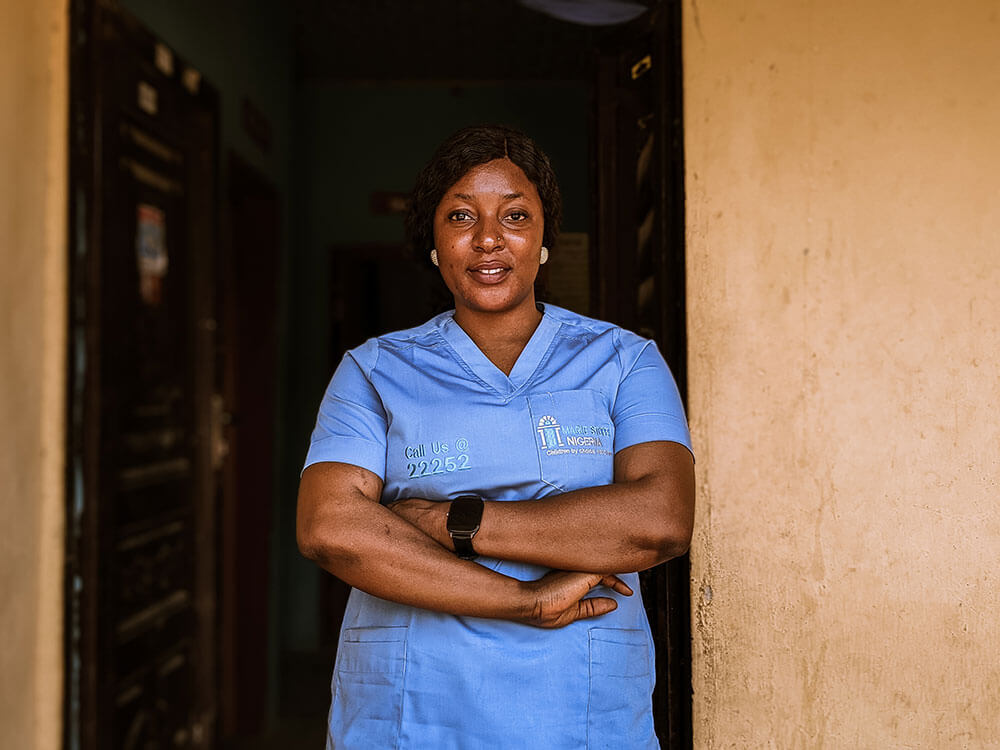Social and Behavioral Change Communications at MSI
Imagine you’re a teen living in rural Kenya. You want to protect yourself from unplanned pregnancy. But you’ve heard negative rumors about birth control, and if anyone saw you at the family planning clinic, they’d tell your parents. You feel stuck.
Overcoming negative social norms is important to making sure that everyone can access the reproductive healthcare they need. In Kenya, MSI created a program called Future Fab, which opened a conversation for parents and teens to understand girls’ options for contraception. It’s just one example of how we’re making programs that change social norms using social and behavioral change communication.
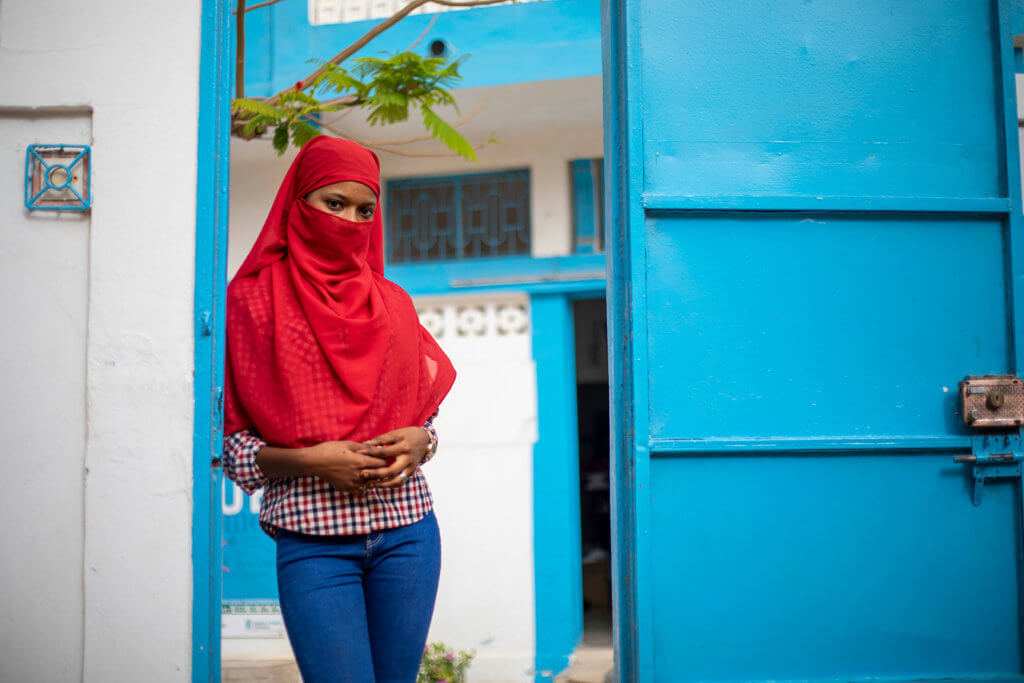
Social Norms at MSI
At MSI, we believe that social and behavioral change communications (SBCC) is important to creating an enabling environment for sexual and reproductive health (SRH) and family planning (FP). Social norms exist in the background of our local and global communities. They create unwritten rules that impact our actions and beliefs; these rules can create road blocks to reproductive healthcare.
How do we design programs to address social norms? Every program looks different, but they follow four basic principles:
- Local MSI teams work with the community to understand their unique challenges to develop programs that meet the needs of the people we’re serving
- We use data to inform our decisions and track the impact
- We leverage, shift, and counter social norms, working to change harmful norms while encouraging positive ones.
- We engage not just our primary target audience, but the people who influence them too
MSI has become a sector leader in community mobilization. This approach engages community members in conversation before we ever begin delivering services. We constantly innovate to ensure we are matching our services to each community’s specific needs. Our SBCC approach focuses on scale and equity to ensure we reach those with the highest need. In fact, 18% of MSI clients are adolescents, one-third are living in poverty, and 52% are first-time users of family planning.
Changing Social Norms on Four Levels
What separates our SBCC approach is our focus on understanding the places where we work. This allows us to tailor our programs to their specific challenges and needs. One way we do this is by looking at the barriers to sexual and reproductive healthcare on four different levels: institutional, community, interpersonal, and individual.
Firstly, at the institutional level, we focus on advocacy to remove policy, legal, clinical, and financial barriers. In many communities, reproductive health is not a priority in the healthcare system. Looking to healthcare providers and local government, our advocacy teams work to change policies that limit access to reproductive healthcare. For example, in Kenya, we conducted workshops with county health officials on the importance of post-abortion care. As a result, the budget for those services increased.
Secondly, enablers at the community level are key to allowing us to operate in an area long-term. Gaining support from religious leaders and elders for SRH services is important. Their opinions are respected and followed by community members. We found by becoming allies with community leaders, we can more easily spread the word about our services, so more women know where to go for care. In Tanzania, we focused on conversations with male partners to show that SRH is not just a women’s issue. As a result, we informed whole families about their contraceptive options.
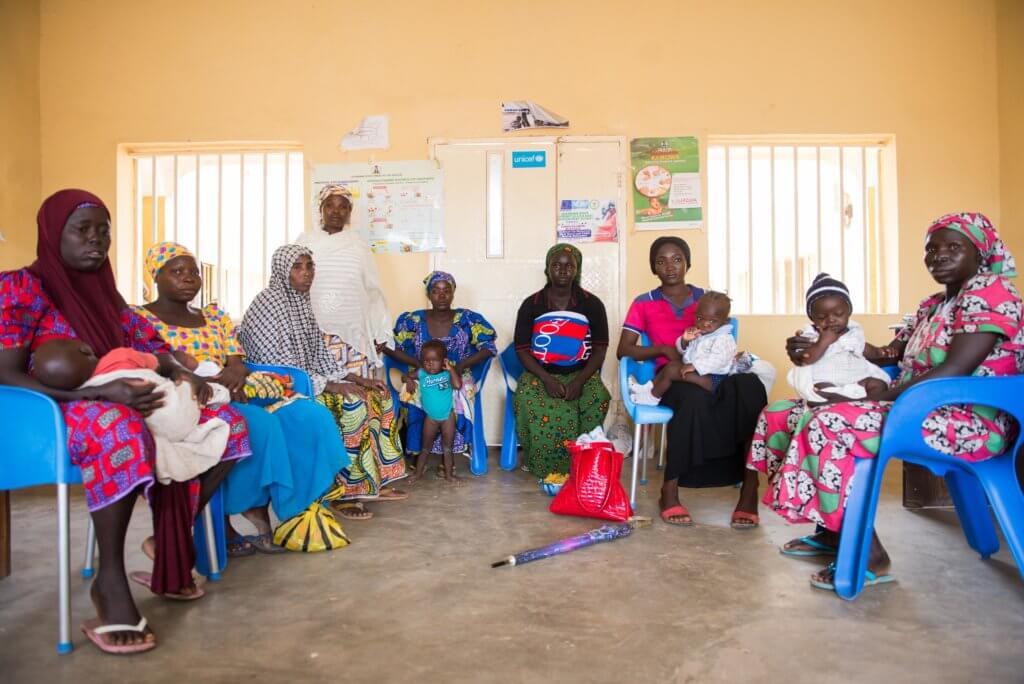
Thirdly, at the interpersonal level, it’s important that spouses or female relatives are supportive. To reach these audiences, we use tools like La Famille Idéale, a suite of participatory activities used in the Sahel region. These games and conversation prompts get young married women and their partners thinking and talking about their goals for their families, including spacing their pregnancies. We found a 25% increase in adolescent reach at each site where the tools were used!
Finally, at the individual level, MSI focuses on empowering individuals to assess SRH for themselves. We have created contact centers and run advertising campaigns that address stigma, myths and misunderstandings. Our marketing efforts can be a vital source of information for women in communities where reproductive healthcare isn’t openly discussed.
How Do We See Our Impact?
Social norm change doesn’t happen overnight. But we’re encouraged by the progress we’ve made. For example, in Nigeria, our efforts of making FP a family decision have led to almost 4000 referrals for FP services. That’s why it’s important that we continue talking to communities, evaluating our efforts, and going where the data leads. Through social and behavioral change communication, we can ensure women around the world have safe access to reproductive healthcare without barriers.



